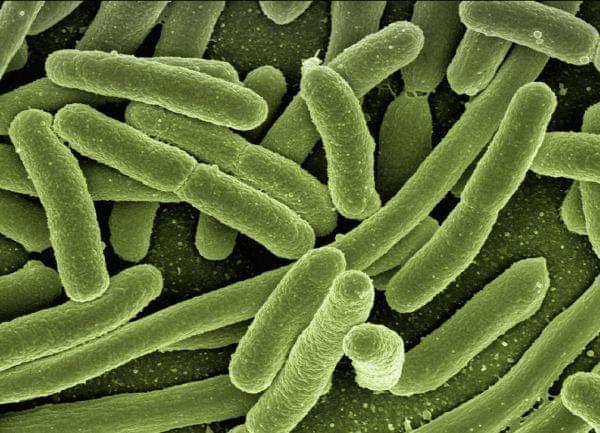Congressman Says Bill Would Encourage Drug Companies To Develop New Antibiotics

Pixabay/Geralt/CC0 1.0
Every year, an estimated 2 million Americans become infected with bacteria that are resistant to antibiotics, and at least 23,000 die from these superbug infections, according to the Centers for Disease Control and Prevention.
Representative John Shimkus (R-15) said he’s working on a bill that will encourage drug companies to develop new antibiotics.
“There is a real fear that there will be a time when our antibiotics will not be able to stop the spread,” he said. “And our concern is we need to be able to have antibiotics available to meet the need.”
But pharmaceutical companies may be hesitant to invest in them, Shimkus said, because antibiotics are unlikely to generate large profits.
“You want [antibiotics] on the shelf in hopes of never having to use [them],” Shimkus said. “The question is: How can you encourage the industry to produce a product which you hope they never have to use?”
To incentivize the development of unprofitable antibiotics, Shimkus, together with California’s Democratic Representative Tony Cardenas, recently introduced the Re-Valuing Anti-Microbial Products (REVAMP) Act of 2018 (HR 6294).
The measure would create a committee of experts to develop a list of “priority antimicrobial products,” and award companies that develop one of them with a tradeable voucher they can use to extend the patent of a different drug by one year. Shimkus said this would help them recoup any losses on the development of the less-profitable antibiotic drug.
Writing for STAT News, Kevin Outterson, executive director of Combating Antibiotic Resistant Bacteria Biopharmaceutical Accelerator (CARB-X), a global nonprofit partnership based at Boston University, said such a measure could "spur the development of 10 to 20 powerful new antibiotics over the next three decades."
Other researchers cite concerns that this approach to encouraging the development of new antimicrobials will occur at the expense of patients who will pay brand-name prices for drugs for a longer period of time.
Under the measure, only 10 vouchers would be awarded, at which point Congress would discuss if an expansion of the program is needed. In addition, the Centers for Disease Control and Prevention and the Government Accountability Office would study how the program is working five years after the bill is enacted, or after the fifth voucher is awarded.
The bill failed to make it out of a committee as part of a package of pandemic preparedness legislation, known as the Pandemic and All-Hazards Preparedness Act.
Shimkus said he may reintroduce the measure as a standalone bill after the August break.
Follow Christine on Twitter: @CTHerman
